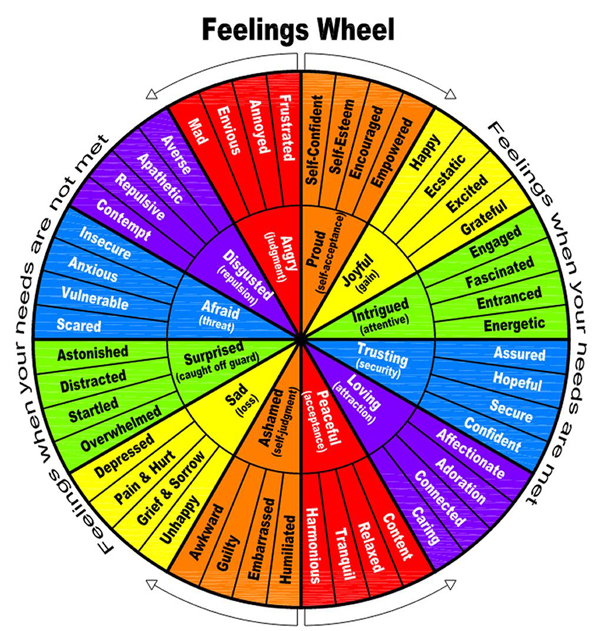For a long time, I have learned how to be self-compassionate and the importance of this practice. When I am feeling disturbed and affected, I will give myself enough time to be with my feelings and not to push it away, but to accept every aspect of it.
When I am in pain, I will sit in an open, non-judgmental space and acknowledge my feelings, and welcome the experience of grieving. In truth, I was feeling alive, nurtured, and rewarded with this practice and considered myself becoming proficient at self-compassion. I am very much heartened of teaching it and inspiring people to practice the same.
I clearly understood that self-compassion would open and grow our hearts, and is the key to having compassion for others, and with these higher values, I was motivated and committed to my practice.
The next day, my friend approached me and asked me if I can explain what Self-compassion is about. We had a long discussion about it, and what struck me the most is the timing of our conversation. My curiosity about my coach’s comment on the day before aroused.
The following morning, while walking to work with mask on my face, the heat was making my breath warm, and my thoughts, distracted and affected by several challenges that need to be resolved at work. Nothing was unusual, another routine day, a frequent worrying and few negative feelings.
I reached the office, sat down on my desk, and started working on what was preoccupying my mind. All of a sudden, I stopped. I pushed my rolling chair away, and started laughing.
I was considering the few negative feelings during my walk this morning as part of a routine that I now learned how to cope and to live with. Hence, for these negative emotions, I am strong, I can handle, I can neglect, I do not need to prioritize, and in turn, have no need to feel them, meet them or express them.
The result is that Self-compassion is not required this time, not on this occasion, and it is not the proper setting for Self-compassion.
I realized that I was conditioning Self-compassion and reserving it for the “grand” or deep feeling where I can practice it in a specific environment. I was labeling that these negative emotions are not worth being felt, not significant or powerful enough, and in turn, judging when and where I can be self-compassionate.
Then I thought, what is the purpose of my feelings? My feelings have a single purpose and aspiration; they just want to be felt and acknowledged at the moment they exist.
What I am learning is that:
When I am angry, be with my frustration, and recognize my annoyance.
When I am fearful, be with my anxiety, and recognize my worry.
When I am sad, be with my despair, and grieve.
When I am in pain, be with my hurt, and know my disappointment.
The more I am present and available to my emotions as they occur, the more I will be recognizing, accepting, and appreciating them. The more I learn to expressing them, the more loving-kindness grow towards myself and others.

Similarly, when I am experiencing positive emotions:
When I am surprised, be amazed, and express my astonishment.
And when I am happy, be optimistic, and express my hopefulness.
Self-compassion is the absence of judgment towards my emotions. It is my constant being with full acceptance and surrender to my feelings. As long as they are here, they have a gift for me, and I will always be ready to unwrap it to discover the magic they are bringing along.
As I finish this article, I feel content and peaceful as I commit continuously to be a faithful companion to any variety and any color of my feelings.
How often do you visit and discover your emotions?
How can you recognize your emotions amid the crowd and noise?
What are you feeling right now?
